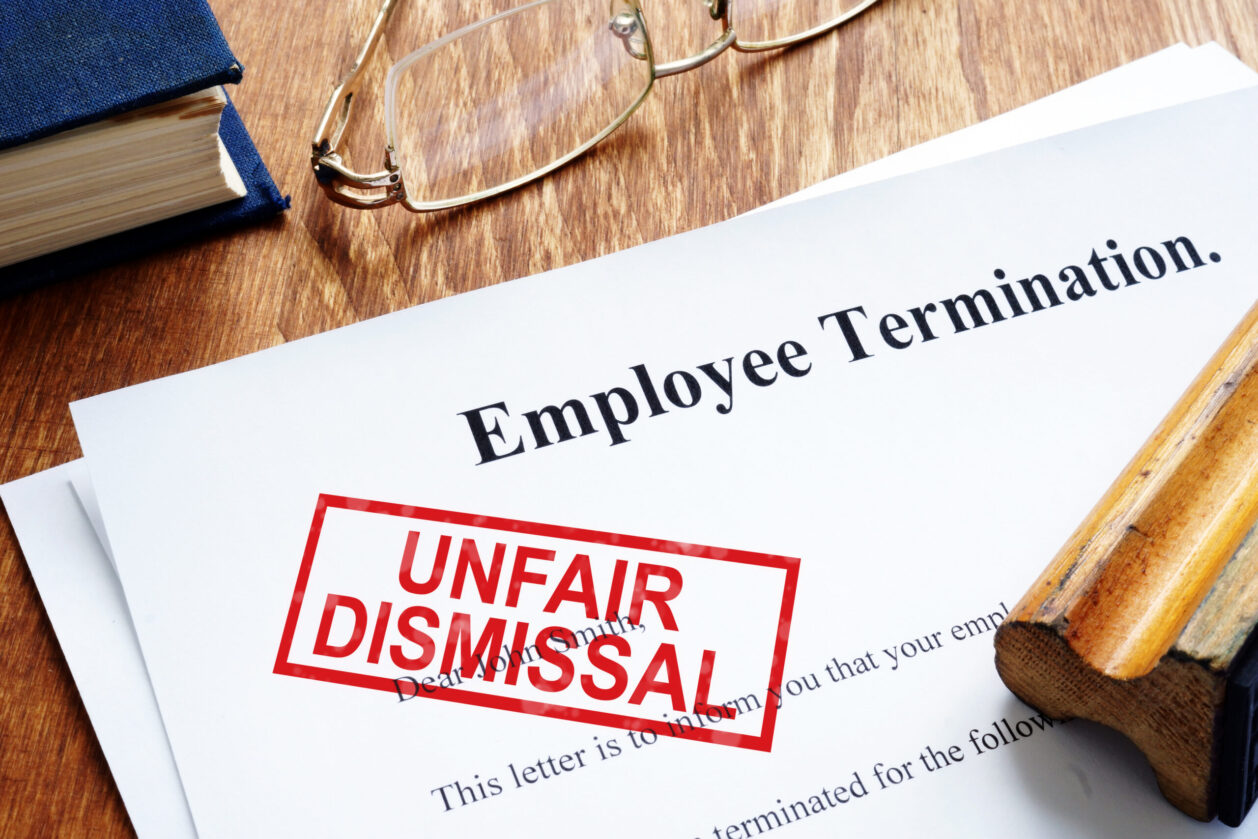Ensuring the health and safety of your staff extends to their mental health, says CCIWA Employee Relations Officer Alaiza Salvador. Here’s what you need to know.

Over the last few years, the expectation on workplaces to ensure employee mental health and wellbeing are prioritised has increased.
Headspace’s International Advisory Board highlights that businesses are struggling to acquire and retain talent and that mindful culture is pivotal in ensuring businesses retain employees and achieve higher productivity.
Research shows that cultivating a mindful culture means employees are more likely to be happier, value the work that they do and value their employers, which in turn increases employee loyalty, productivity, and the overall success of the business.
The legislative framework
There are several Commonwealth and State legislative instruments that apply to workplace mental health issues, including but not limited to the Fair Work Act 2009 (FW Act), Disability Discrimination Act 1992, Work Health and Safety Act 1984 (WA) (WHS Act), and Equal Opportunity Act 1984 (WA).
The WSH Act specifies that a person conducting a business or undertaking (PCBU) has a primary duty to ensure the health and safety of the workplace and to eliminate or reduce hazards and risks as far as reasonably practicable. Hazards and risks are not limited to physical hazards and include psychological hazards such as mental health.
Under the FW Act 2009, a ‘workplace right’ is where a person;
- is entitled to a benefit;
- has a role or responsibility;
- is able to participate in a process or proceeding; or
- is able to make an inquiry or complaint in relation to workplace law or instrument.
For example, accessing personal leave due to a mental health illness is a workplace right.
Employers are prohibited under the FW Act to take adverse action against an employee or prospective employee because of a workplace right. As such, it would be unlawful for an employer to terminate an employee’s employment because the employee is absent due to mental health.
Terminating an employee due to a mental health illness can also amount to discrimination under the FW Act, as well as under Federal and State anti-discrimination and equal employment opportunity legislation.
Depending on the circumstances, employers may also have to consider providing reasonable adjustments to an employee with a mental health illness.

Improving mental health and wellbeing
Employers can implement strategies to ensure they uphold their responsibility and meet their duty of care regarding workplace mental health and wellbeing. Below are some useful strategies:
- implement policies such as flexible working arrangements and return to work policies that support work-life balance;
- provide wellbeing support such as having an Employee Assistance Program and wellness rooms at the workplace;
- implement appropriate training around stress, mental health, and wellbeing — this includes training for senior and middle managers on how to understand and identify workplace stress and wellbeing issues and what support is available;
- encourage open communication through regular welfare checks and individual meetings that do not solely focus on work tasks;
- set the tone from the very top — leaders and managers can set a good example and being inclusive and creating an environment that encourages employees from various levels to come together and be heard and share their ideas, and be included in making business decisions.
Want to know more? Contact CCIWA’s Employee Relations Advice Centre team on 9365 7660 or email [email protected].






